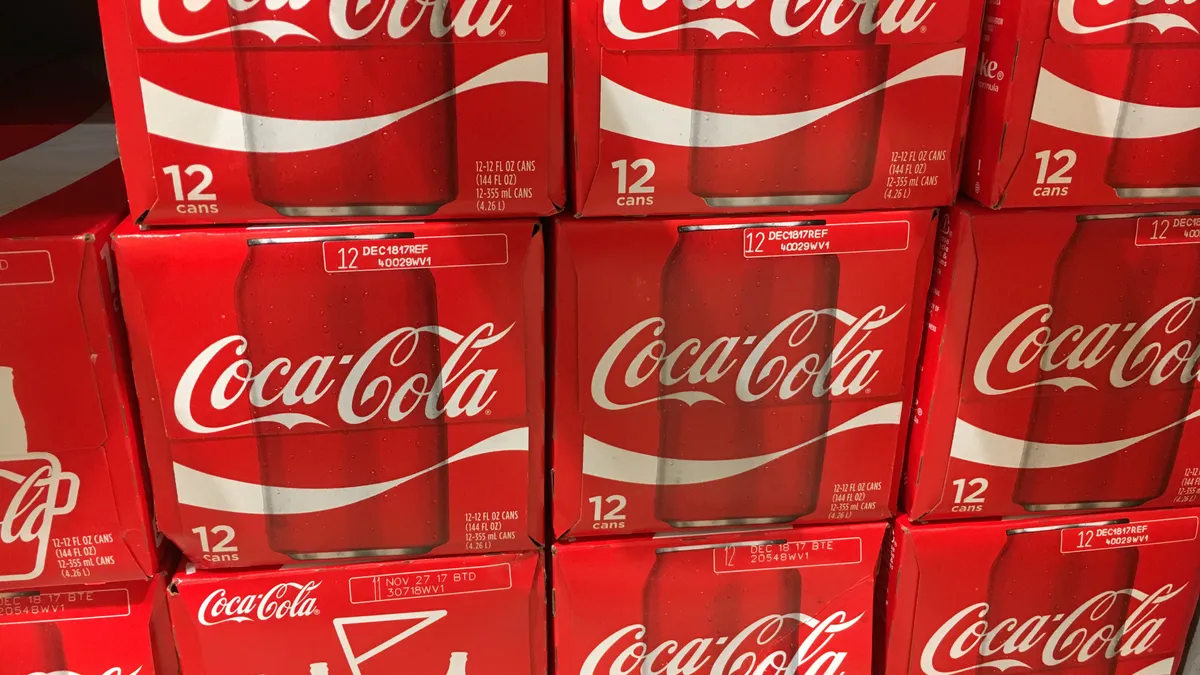Dive Brief:
-
Coca-Cola adopted a cloud first initiative to increase operational efficiency by setting up a hybrid integration platform, which allowed international deployment of applications and integrations. The beverage company previously had all of its data centers in one geographical location in Georgia with all of its apps running "with a single [disaster recovery] facility," said Danny Eng, enterprise integration architect for Coca-Cola, speaking during a MuleSoft webinar.
-
Before the company chose a suitable platform, it highlighted its requirements, which included the ability to support a legacy platform, offer on-premise iPaaS solutions and adaptable to future cloud or SaaS operations, according to Eng. The company chose MuleSoft as its provider.
-
After choosing the microservices architecture, Coca-Cola turned to a DevOps-based model to rebuild the disconnect between developers and front-end operations, said Jagannathan Ramaswamy, enterprise integration lead for Coca-Cola, during the webinar.
Dive Insight:
The company adopted the Google cloud in 2016 because, as the world's largest beverage company, it was no longer feasible for Coca-Cola to run business solely from on-premise data centers.
Coca-Cola met and tested with nine integration platform vendors before choosing MulseSoft as a launch into its cloud first initiative. Finding a platform that most closely aligns with the needs of an individual business helps ease that burden. Performing request for information tests (RFI), similar to what Coca-Cola did, can help guide that decision further.
But Cola-Cola has been actively shaking up its IT strategy. In the last year it elevated CIO Barry Simpson's capabilities by granting him direct access to CEO James Quincey in an effort to "digitize all aspects of the company's business."
Creating a transparent line of communication between the CIO and C-suite officials is one of the first steps toward a successful digital transformation. But prior to this move, in 2015 Coca-Cola enlisted Alan Boehme as CTO after he had previously oversaw the company's architecture and emerging tech.
Boehme was tasked with finding new platforms and finding a more "aggressive yet flexible approach to enterprise security." Boehme left Coca-Cola for Procter & Gamble in October and the beverage company has since replaced him with Ed Hays to continue its digital revitalization.













